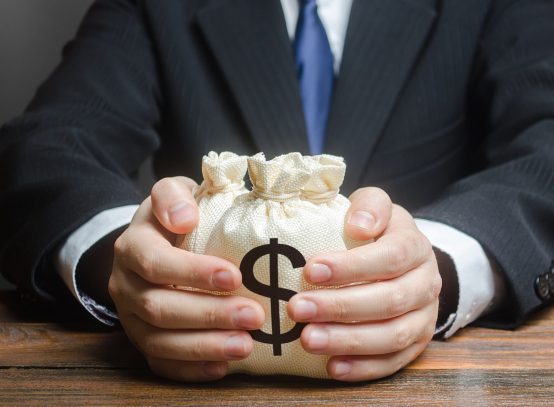Intangible asset valuation
Intangible asset valuation
If the applicant holds multiple international invention patents
Did you know that the value of intangible assets can exceed 100 million or more?
In the knowledge economy era, intellectual property's significance has grown, and its management is closely linked to corporate strategy, particularly in creating future value.
Integrating and leveraging tangible and intangible assets maximizes bargaining power and competitive advantage.






Brand and Design
Brand (trademark), product design appearance (design patent), goodwill.


Technology
Patent technology, process patents, databases, software systems and platforms, algorithms (software patents), formulations, and designs, among other rights.


Art
Income generated from copyright of artistic works (such as films, music, books, dramas, etc.), including royalties.
Do you know?
There are various types of intangible assets
The scope of intangible assets is broad, including not only common assets such as brands and patented technologies but also encompassing franchises, databases, contracts, technology equity participation, and innovation projects. All these fall within the realm of intangible assets.
CUIP provides comprehensive appraisal services
Intangible Asset Evaluation Services
Working time 1~2 months
Intangible asset appraisal service process
Complete
Procedure
secrecy
Confidentiality
Case acceptance (free evaluation)
Data collection and analysis
evaluation
value conclusion
evaluation report
How to leverage intangible asset valuation reports
Patent technology evaluation services
Intellectual properties, including invention patents, utility model patents, design patents, trademarks, copyrights, trade secrets, and others, can be legally evaluated and accounted for in technology equity participation. Qualified valuation firms and accountants can assist patent technology owners in fundraising, leading to better negotiation leverage with investors and facilitating faster progress in their entrepreneurial journey.
Purpose of the transaction
Tax purposes
Tax filing, tax planning, and tax explanation.
Legal purposes
Litigation, liquidation, reorganization and bankruptcy, etc.
Those who fully integrate intangible assets (patent appraisal, brand appraisal) and tangible assets can usually maximize their bargaining chips and competitive advantages.


Do you require any other services?
Matching for corporate fundraising or resource integration.
The challenges faced by startup companies
Taiwan's startup scene is vibrant, but the "lack of funding" is a major issue for most entrepreneurs. Venture capitalists are generally hesitant to invest in very early-stage teams, except for a few exceptions. The main reason is their lack of confidence in unproven innovative products or services that have not been validated by the market yet. Even if the venture capitalist believes in the team's potential, they usually make larger individual investments, leading to the startup team losing control. On the other hand, if the startup team issues shares at an inflated value of 100 times, it allows them to retain control, but it's unlikely that many venture capitalists will recognize such a high value at such an early stage. This creates a dilemma for venture capital investments.








